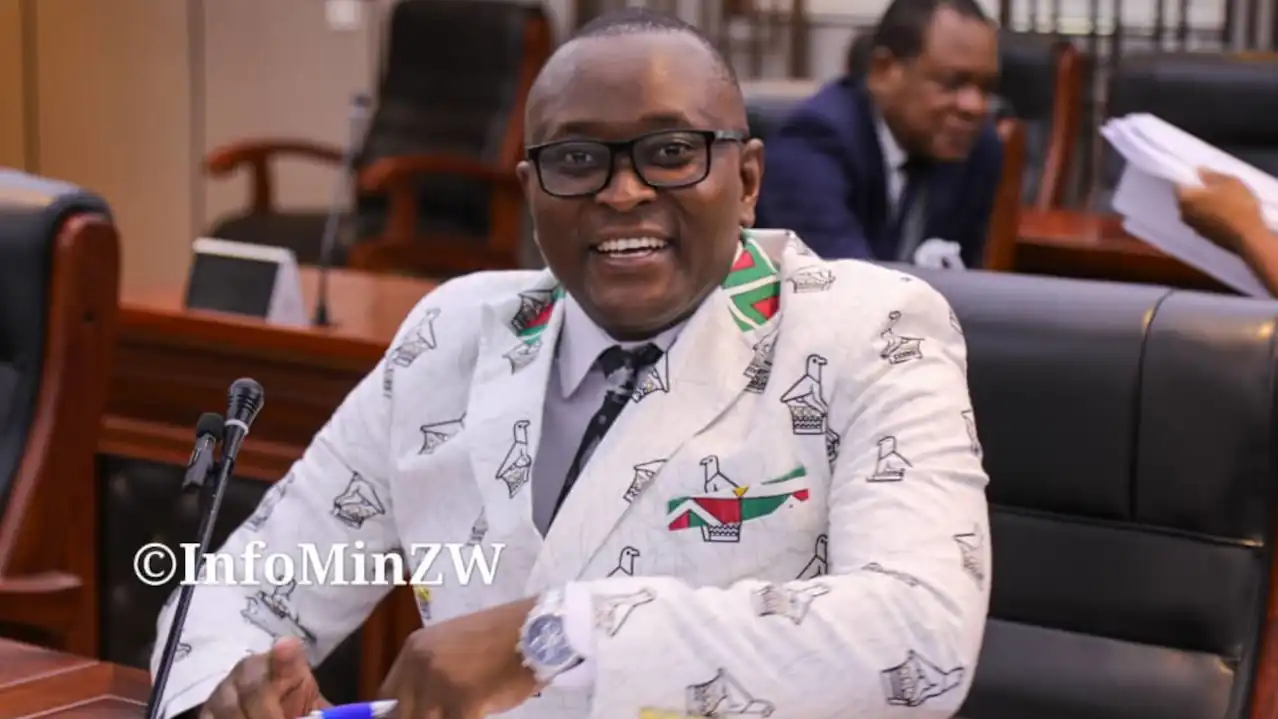United States Sanctions On Zimbabwe Explained Following Termination & Introduction Of New Sanctions Regime
The United States has recently made significant changes to its sanctions regime against Zimbabwe. In a move that signals a shift in approach, the Treasury’s Office of Foreign Assets Control (OFAC) has designated 11 individuals, including Zimbabwe’s President Emmerson Mnangagwa, and three entities for their alleged involvement in corruption or serious human rights abuse. This article aims to provide a comprehensive explanation of the changes in US Sanctions on Zimbabwe for Zimbabweans across the world.
Background of Sanctions
The U.S. has had sanctions in place against Zimbabwe since the early 2000s, initially imposed in response to issues related to human rights abuses and political repression. These sanctions were authorized under various Executive Orders and targeted specific individuals and entities associated with the Zimbabwean government.
Termination of the Zimbabwe Sanctions Program
On March 4, 2024, President Joe Biden signed an Executive Order that terminated the national emergency with respect to Zimbabwe and revoked the Executive Orders that had authorized the Zimbabwe-specific sanctions. This decision effectively ended the economic sanctions administered by OFAC under the Zimbabwe Sanctions Program. As a result:
- Individuals previously blocked solely under the Zimbabwe Sanctions Program have been removed from OFAC’s Specially Designated Nationals and Blocked Persons (SDN) List.
- Properties and interests in properties blocked solely under this program have been unblocked.
- The Zimbabwe Sanctions Regulations have been removed from the Code of Federal Regulations.
It is important to note that OFAC may still carry out pending or future investigations or enforcement actions related to violations that occurred while the national emergency was in effect.
Transition to Sanctions Under the Global Magnitsky Program
The transition to sanctions under the Global Magnitsky Program targets specific individuals and entities involved in corruption or serious human rights abuses. This program allows the U.S. to impose sanctions on foreign persons involved in these activities, regardless of their location. Key figures designated under this program include:
Political Leaders and Officials
- Emmerson Mnangagwa: The President of Zimbabwe, designated for his involvement in corrupt activities, particularly related to gold and diamond smuggling, and overseeing security services that have violently repressed political opponents and civil society groups.
- Auxillia Mnangagwa: The First Lady of Zimbabwe, designated for facilitating her husband’s corrupt activities.
Business Figures and Entities
- Kudakwashe Regimond Tagwirei: A prominent Zimbabwean businessman with close ties to the ruling party, designated for his role in corruption and control over major sectors of Zimbabwe’s economy.
- Sandra Mpunga: Tagwirei’s wife, designated for her involvement in her husband’s business activities.
- Sakunda Holdings and Fossil Agro: Entities owned or controlled by Tagwirei, designated for facilitating state corruption.
- Obey Chimuka: A business partner of Tagwirei, designated for his involvement in corrupt government contracts.
Security Officials
- Constantino Chiwenga: Vice President of Zimbabwe, designated for his role in serious human rights abuses.
- Oppah Muchinguri: Defense Minister of Zimbabwe, designated for overseeing military personnel engaged in violent repression.
- Godwin Matanga: Commissioner-General of the Zimbabwe Republic Police (ZRP), designated for participating in repressive activities.
- Stephen Mutamba: Deputy Commissioner-General of the ZRP, designated for his role in the violent oppression of political opposition.
- Walter Tapfumaneyi: Deputy Director General of Zimbabwe’s Central Intelligence Organization, designated for his involvement in disrupting the electoral process and past kidnappings.
- Owen Ncube: Minister of State for Midlands Provincial Affairs, designated for ordering security services to mistreat opposition supporters.
ZIDERA HAS NOT BEEN REMOVED!
It’s crucial to note that the Zimbabwe Democracy and Economic Recovery Act (ZIDERA), enacted by the United States in 2001 as part of its sanctions regime against the ZANU-PF regime, has not been removed. ZIDERA requires legislative action by the U.S. Congress to repeal it, as it is an Act, not an Executive Order.
This means that Congress would need to pass a new law that removes ZIDERA, which involves a legislative process including committee hearings, debates, and votes in both the House of Representatives and the Senate. The removal of ZIDERA is a separate process from the changes made to the Executive Orders related to the Zimbabwe Sanctions Program.

[Image Credit: White House]
Difference Between The Old and New Sanctions Programs
The key differences between the old Zimbabwe Sanctions Program and the new sanctions under the Global Magnitsky Program are as follows:
- Scope: The old program targeted a broader range of individuals and entities associated with the Zimbabwean government, while the new program focuses specifically on those involved in corruption or serious human rights abuses.
- Objectives: The old sanctions aimed to address a wider array of issues, including political repression and human rights abuses. The new sanctions are more targeted, aiming to hold accountable those responsible for corruption and specific human rights abuses.
- Flexibility: The Global Magnitsky Program allows for more targeted and flexible sanctions, enabling the U.S. to respond more precisely to specific incidents of corruption or human rights abuses.
- International Alignment: The new sanctions align more closely with international efforts to combat corruption and human rights abuses, as the Global Magnitsky Program is part of a broader global initiative.
Sanctions Implications
Under the Global Magnitsky Program, all property and interests in property of the designated individuals and entities that are in the United States or in the possession or control of U.S. persons are blocked and must be reported to OFAC. Financial institutions and other persons engaging in certain transactions with the sanctioned entities and individuals may expose themselves to sanctions or enforcement actions. The prohibitions include the making of contributions or provision of funds, goods, or services to or for the benefit of any designated person, or the receipt of any such contribution or provision from any designated person.
Conclusion
The transition in sanctions authorities demonstrates the U.S. commitment to promoting accountability for corrupt and abusive networks in Zimbabwe. This move is not intended to target the people of Zimbabwe but rather to focus on specific individuals and entities responsible for corruption or human rights abuses. It provides an opportunity for the Government of Zimbabwe to undertake key reforms to improve its record on human rights, good governance, and anti-corruption. The ultimate goal of sanctions is not to punish, but to bring about a positive change in behavior. This sanctions transition is an opportunity for those designated to acknowledge their responsibility for sanctionable conduct and take steps to correct their behavior.



